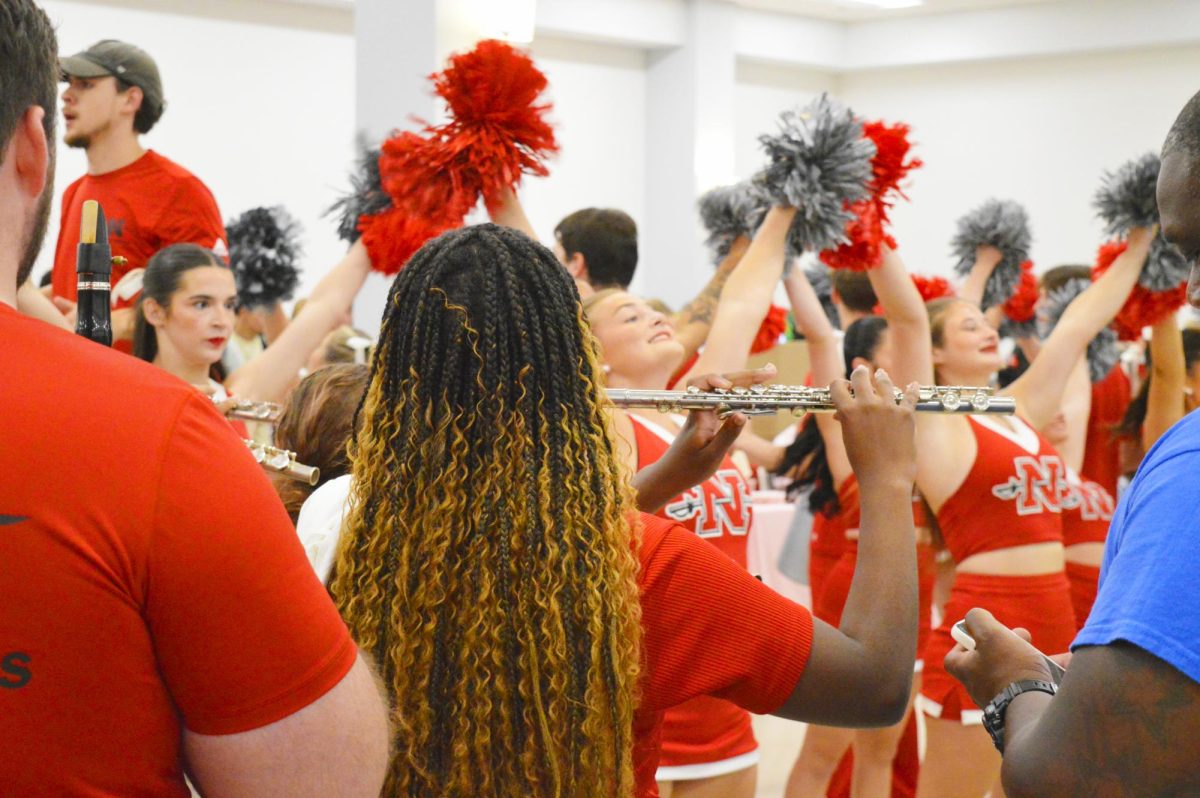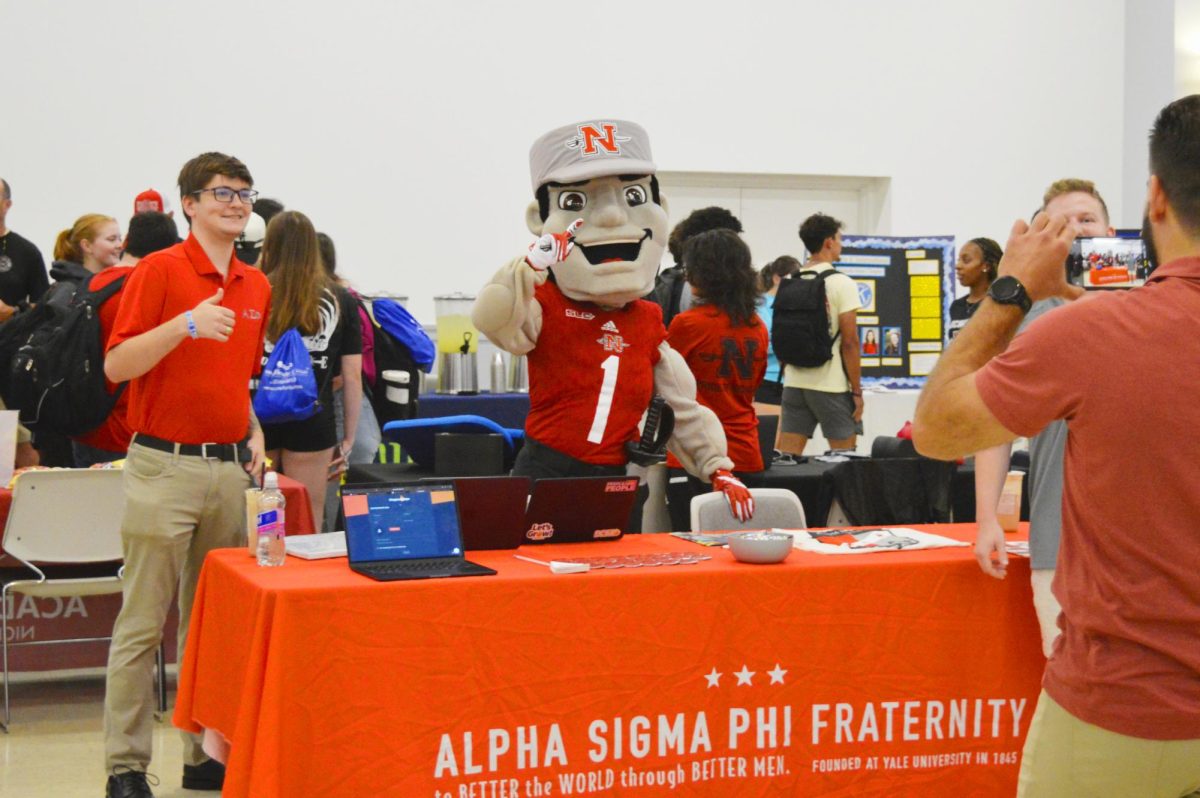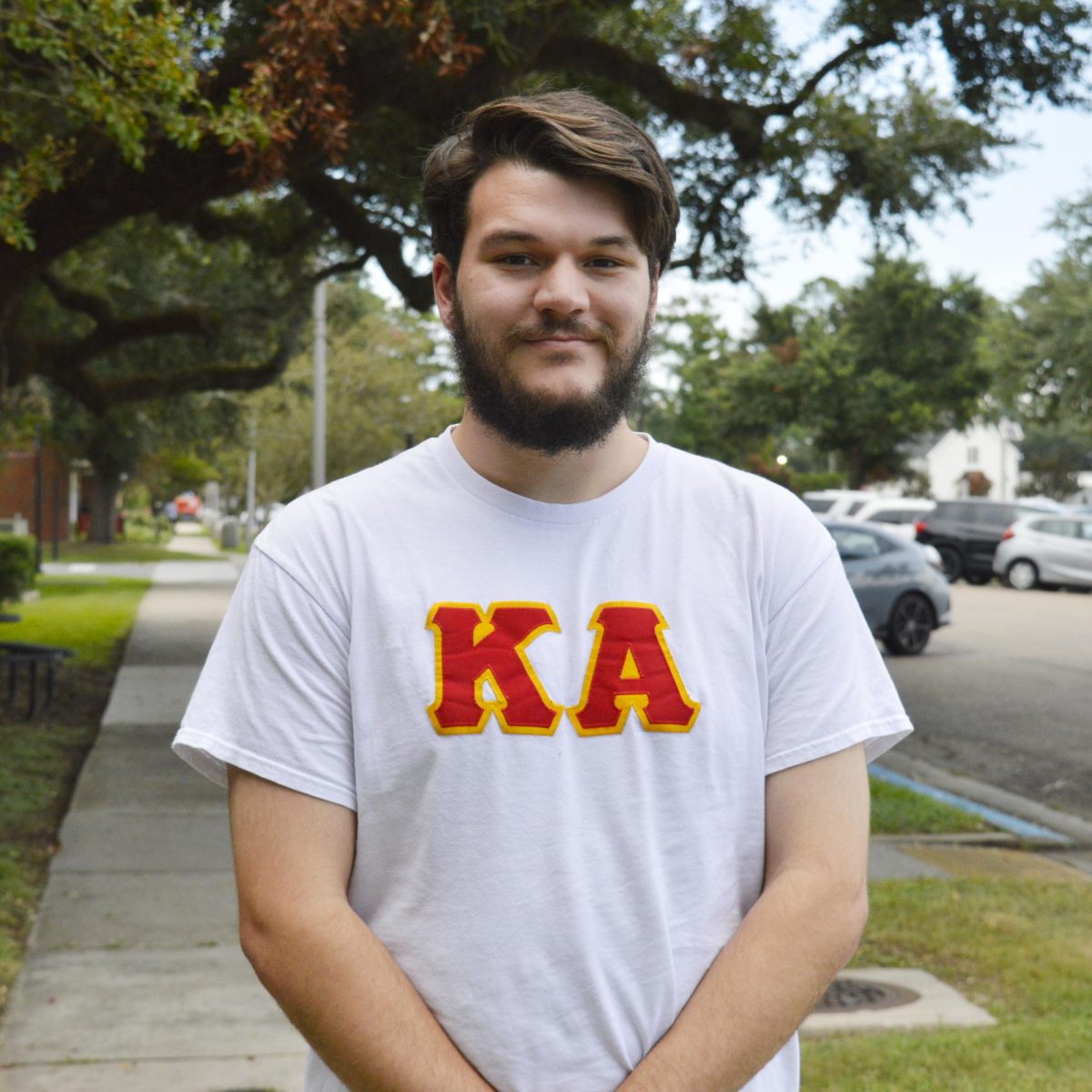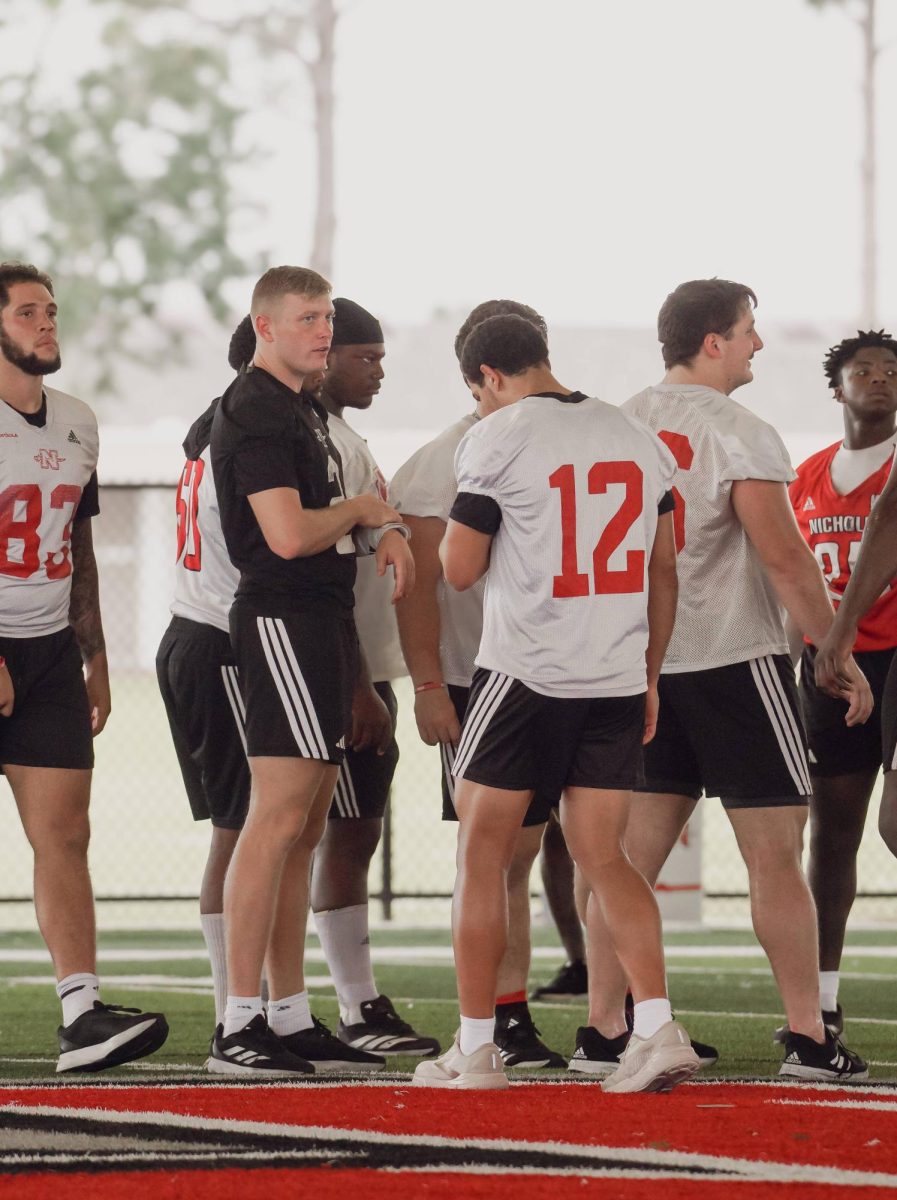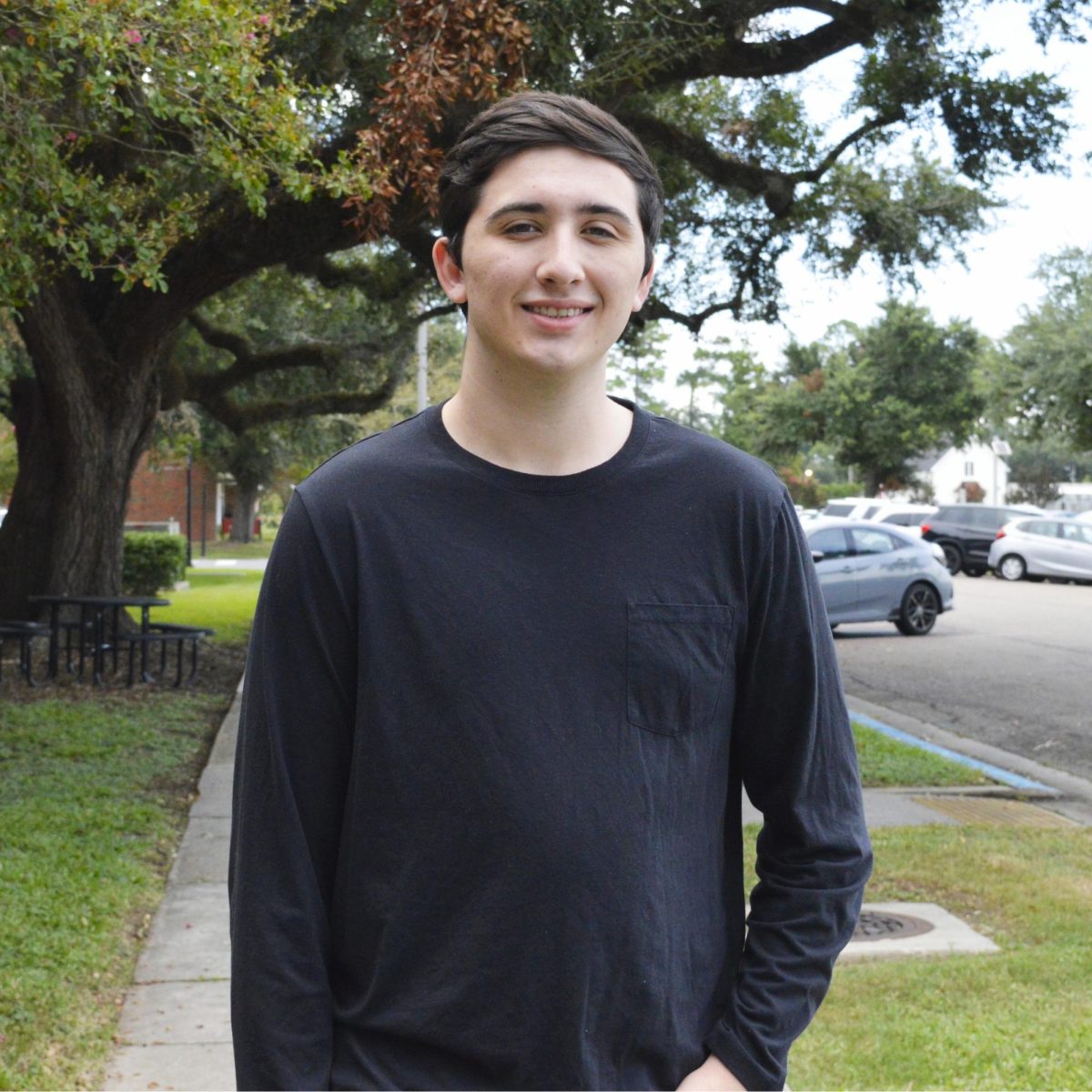The Simpsons, Dr. Seuss and the history of middle-earth are just some of the topics being taught to students by students at other universities.What does this have to do with Nicholls? Although undergraduate students cannot teach credit courses, they are able to teach non-credit courses that are offered by the continuing education department.
According to Brandie Toups, director of the continuing education-non-credit program, two students are teaching courses this semester. The courses that the students are teaching are yoga and karate.
Crystal Speer, psychology sophomore from Morgan City, is the instructor of the karate courses. She has been involved in martial arts for the past six years and has a first degree black belt.
“I started with an aerobic kickboxing class, then kids’ karate class and a karate camp for kids,” Speer said.
She taught two sessions of the aerobic kickboxing class, one session of a kids’ karate class and last summer sponsored the first karate camp for kids.
Speer said that although she comes up with her own curriculum she does get help from her martial arts instructor in Morgan City.
Some other non-credit classes offered are interior design, astronomy, photography and pottery.
There are no requirements to teach non-credit courses. The person just has to have knowledge of the subject and go through an interview.
Graduate assistants may also teach developmental courses at Nicholls. Graduate assistants in the math department follow a departmental syllabus.
“We (graduate assistants) are given control over teaching and grading of tests,” Wayne Escude, applied mathematics graduate student from Thibodaux, said.
Escude added that there is a difference between teaching Math 002 and Math 003. In Math 002, the math department makes the test, while in Math 003 the graduate assistants are the ones who make the test.
According to Larry Howell, interim vice president for academic affairs, there are a few graduate assistants who are presently teaching college level psychology. These assistants are working on their specialty in school psychology and already have their master’s degrees.
Graduate assistants also work in a department office or assist professors with classes. Few of the graduate assistants are actually teaching, Howell said.
Student-taught programs on some other campuses differ from the programs at Nicholls. One of these is the program that exists on the campus of University of California at Berkeley.
The DE-Cal program, Democratic Education at Cal, has been in operation for more than 20 years at UC Berkeley. DE-Cal aids students in starting and teaching their own “special studies” courses.
Students at UC Berkeley have the option of taking classes on subject matter ranging from philosophy to “The Simpsons” to beer-tasting. “Each class is sponsored by a Berkeley professor and approved by the appropriate department chair,” Blake Boles, one of the coordinators for the DE-Cal program at UC Berkeley, said
Students interested in teaching a “special studies” class must write a syllabus on the course of their choice and fill out a proposal form. The student then must find a professor to serve as a sponsor of the class and to sign the proposal form. The class can then be scheduled, if approved by the department head.
Although the courses are not allowed to be offered for a grade, students receive pass or no-pass credit for taking these courses. The credit can range from one to four semester units, but the average units are around two.
“The pass or no pass units can be used to work toward the campus graduation requirement of 120 units, but they are not used to work towards the major requirements, college requirements, etc.,” Boles said.




